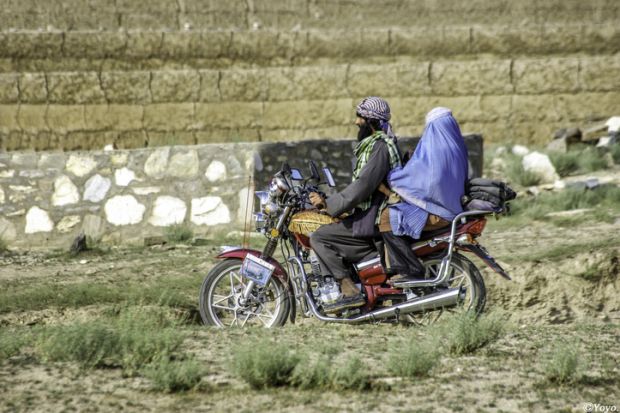Afghanistan’s higher education minister has called for scholars abroad to return to the country, assuring them of their safety – and prompting disbelief.
This week, the Taliban’s recently appointed head of education requested that professors residing overseas come back to the country to “educate the new generation”.
“Everyone’s safety is protected, and we have no enmity or resentment toward anyone,” said Mawlawi Mohammad Neda Nadim in a television appeal, betraying an increasingly desperate situation in the sector, which faces widespread faculty shortages.
Hundreds of academics have fled the country since the Taliban took control last August, according to estimates. Meanwhile, the government’s hard-line measures, including preventing women from teaching, have further exacerbated the situation.
The minister’s comments come as the regime codifies its extremist views.
This October, the Taliban prohibited female students from choosing some majors, including engineering, agriculture and journalism.
On 10 November, the government banned women from parks and gyms, further pushing them out of public spaces. Days later, the group ordered judges to impose sharia – which could mean public executions, amputations and floggings, according to reports.
Amid this backdrop, the minister’s comments struck a dissonant chord with academics.
As one scholar inside the country told Times Higher Education, the situation inside its universities is far from “normal”, with students and faculty showing their anxiety, but afraid to discuss it openly.
The academic, who wished to remain anonymous, said that women and men continue to come to campus at separate times due to gender segregation, which was imposed by the Taliban months ago. He was sceptical anyone abroad would return under such conditions.
Naimat Zafary, a doctoral candidate at the University of Sussex who fled Afghanistan with a group of Chevening scholars last year, was among the academics left unconvinced by the Taliban’s “media-friendly comments”.
“Most scholars would love nothing more than to return…and to educate our own people, a life’s work for many of us. Sadly, experience tells us that it is not possible to rely on this kind of statement,” he said.
He noted that returning is not only a question of academics’ safety and ability to teach freely.
“There is also the challenge for family members – daughters banned from secondary schools, female academics or the wives of male academics unable to travel in a taxi, go to parks and offices,” he said.
“Imagine a life without school, university, parks, gyms, offices…simply, a life without life.”
Register to continue
Why register?
- Registration is free and only takes a moment
- Once registered, you can read 3 articles a month
- Sign up for our newsletter
Subscribe
Or subscribe for unlimited access to:
- Unlimited access to news, views, insights & reviews
- Digital editions
- Digital access to THE’s university and college rankings analysis
Already registered or a current subscriber? Login








